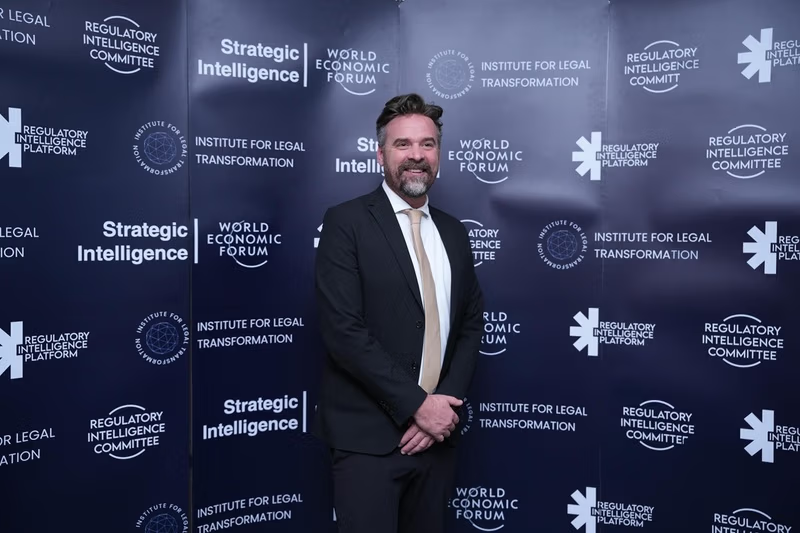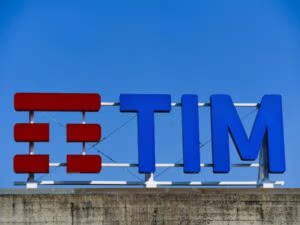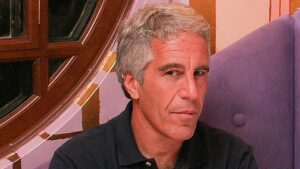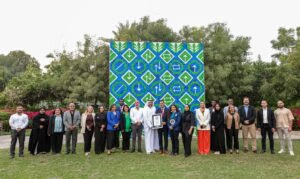Dubai has further strengthened its position as a global hub for innovation and governance by hosting the inaugural meeting of the World Economic Forum’s (WEF) Regulatory Intelligence Committee in partnership with United Emeritus. The launch marks a transformative step in shaping the next decade of regulatory practices worldwide, driven by strategic public-private collaboration and the UAE’s commitment to future-focused governance.
The committee is chaired by Dr. Abir Haddad, a globally recognized authority in law, policy, and ethics at the intersection of technology and society, and Professor Henrik von Scheel, Vice Chair and an influential futurist credited with igniting Industry 4.0, who supports its vision. Both highlighted Dubai’s leadership role in convening international stakeholders to design forward-looking regulatory frameworks. Their leadership was endorsed by H.H. Sheikh Mohammed bin Rashid Al Maktoum, Vice President and Prime Minister of the UAE and Ruler of Dubai, who has previously honored von Scheel with the prestigious Knowledge Award in 2019, recognizing him as one of the most impactful management thinkers of our time.
The meeting brought together founding members from around the world, including leaders from the UAE, Saudi Arabia, South Korea, the United States, Australia, Germany, Kuwait, Iraq, and the United Kingdom, laying the groundwork for pioneering regulatory advancements. The committee will operate through specialized boards, including the Regulatory Compliance Committee, chaired by Marwan Naeem Najma from ADNOC, and the Regulatory Operations Committee, chaired by Professor Kim Jong Seok from South Korea, ensuring a diverse and expert-led approach.
Dr. Haddad emphasized the need to update regulatory systems to keep pace with technological disruption, stressing that the committee’s purpose is to design forward-thinking frameworks that protect public trust while enabling innovation. Professor von Scheel described the initiative as a historic opportunity for the Middle East, particularly the UAE and Saudi Arabia, to leave a lasting mark on global governance by influencing legislation across the next decade. Professor Kim Jong Seok reinforced this view, highlighting the committee’s potential to exert unprecedented influence on global regulatory practices.
The committee is expected to expand in the months ahead, with invitations extended to ministers, multinational CEOs, civil society leaders, and academics, thereby ensuring a comprehensive and cross-sectoral approach to shaping future regulatory intelligence. Analysts note that inefficiencies in global regulatory systems cost businesses billions of dollars annually, making this initiative both economically and strategically significant. By hosting the committee, Dubai cements its role as a bridge between East and West, demonstrating its vision of reshaping global compliance standards to keep pace with emerging technologies, while maintaining trust, accountability, and ethical governance.





